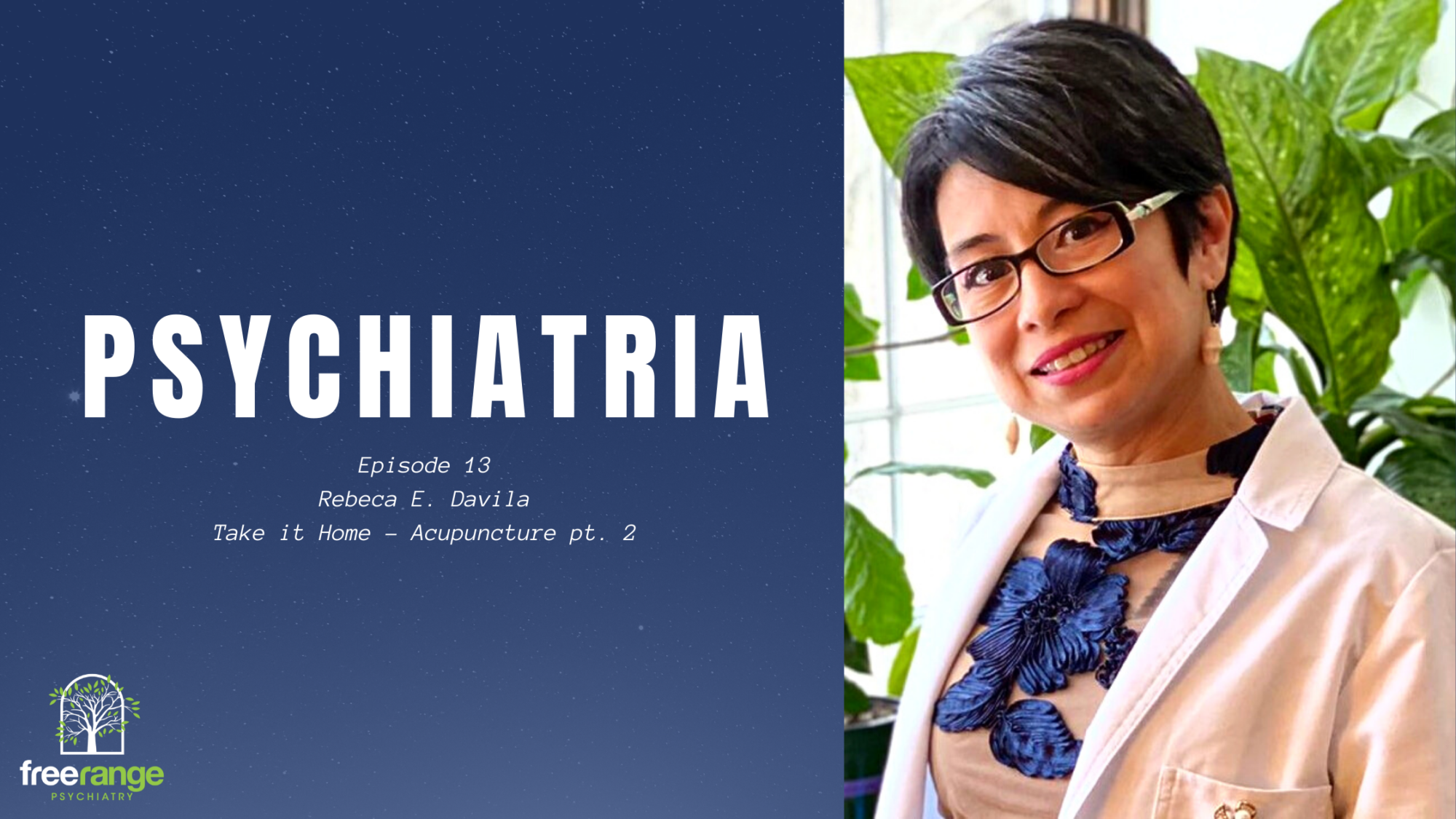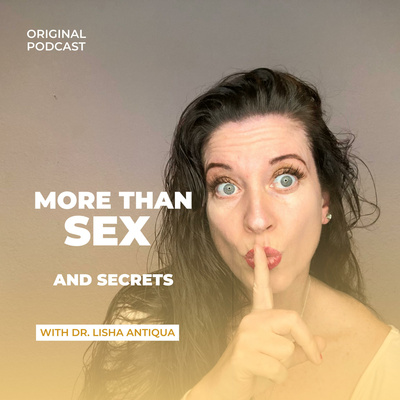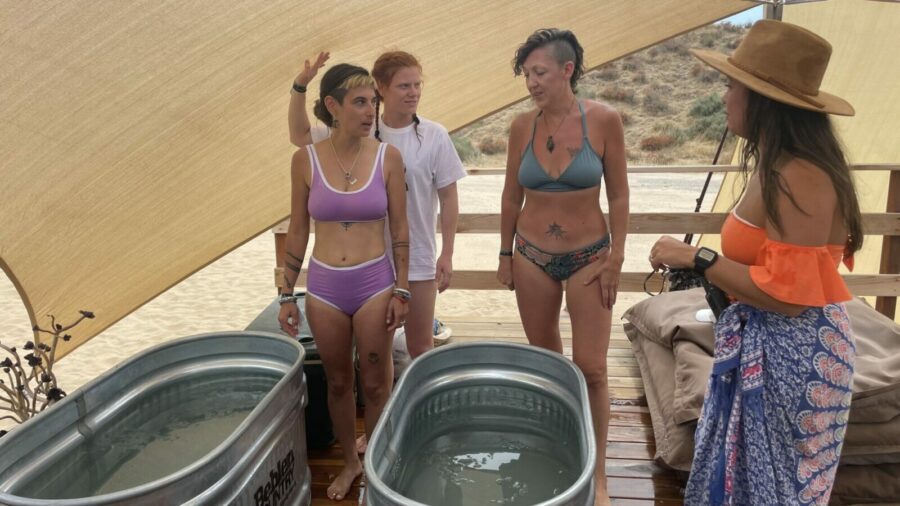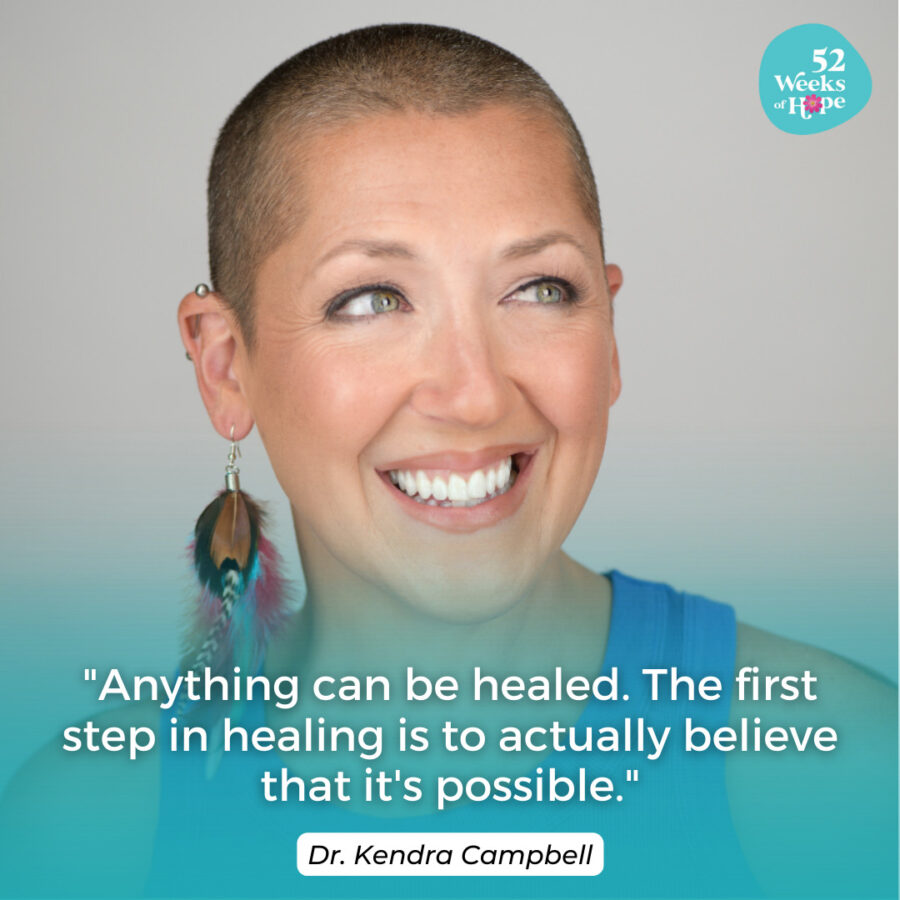Acupuncture is so much more than needles. There is a surprising amount of knowledge and wisdom that goes into designing a treatment, but it doesn’t end there. One of my favorite things about TCM, and acupuncture as a part of it, is that it has so many take-home benefits to offer us. We can learn about the systems and ideas that go into a treatment and integrate them into our daily life. You can benefit from acupuncture without ever using needles! There are a multitude of ways we can go about this, and in this episode, you’ll learn about a few of the ways in which you can take acupuncture home with you.
In the first part of this episode, we cover everything you need to know on acupuncture’s Five Elements: Fire, Water, Earth, Wood, and Metal. For each of these, we discuss how you can identify it’s qualities, what it’s strengths and weaknesses are, and how we can calm or strengthen it. We also cover the features of each element, like its corresponding organ system, color, and emotions. Believe it or not, these are just a few of the well-coordinated systems within TCM! When I first started to try to wrap my head around all of it, it felt incredibly complex and confusing. There’s so much information to digest. As I’ve become more familiar with it, I can see how beautifully it all fits together. The ancient wisdom within TCM has a really wonderful way of describing different parts and systems of the body while never separating them from the whole.
In this process, I noticed how easy it was to get wrapped in one system and think only about the elements, or the emotions, or the colors, etc. It’s crucial to remember that none of us can be solely characterized by just one thing. We all hold qualities of each of them! Different situations, phases of life, relationships, tasks, etc. will bring out different features in us. This is where the real take home work begins. You may notice that you have a primary element – one that shows up more often than the others or feels more authentic. Perhaps you also notice that you are drawn to qualities of another element. You might find yourself spending time with people who embody these or even self-treating using foods or activities that bring out those qualities. Your body knows what it needs, and I think the Five Elements, as well as the other systems within TCM, provide a fantastic framework for noticing how we instinctively go about it.
There’s more that we can take home from an acupuncture treatment. Did you know that acupuncture points can also be stimulated without needles? In the second part of this episode, Rebeca and I talk about some of our favorite acupuncture points and what they’re good at. We can press, massage, and rub these points to achieve a similar effect as we would with a needle. In fact, if you have a favorite spot or somewhere you tend to fidget with, like the web between your thumb and index finger, you’ve probably already found an acupuncture point that helps you! This point in particular is great at releasing tension in the face. Give it a try next time you notice furrowed brows, a clenched jaw, or any kind of facial congestion.
Pretty incredible, huh? I know I’ll sound like a broken record here, but acupuncture is yet another modality that can teach us to hear and care for our bodies. Perhaps my favorite thing about TCM is the vast array of options it gives us, many of which we didn’t even get to mention in this episode. It provides a beautiful framework for listening to ourselves without being prescriptive. And it never lets us forget that we are one whole being, despite conversations around separate systems within us.
Be sure to tune in to this episode for all the details on the Five Elements and the points Rebeca and I outline, all told through stories of people she has worked with and my own experiences. I promise you’ll finish this episode with a whole bag full of tools you didn’t have before! You can find this episode of Psychiatria and all the others on your podcatcher of choice, embedded below, or at the links HERE. If you’ve already listened – What did you think? Do you have questions or feedback on something that could be improved? Ideas for future episodes? Any questions, comments, or feedback are welcome! Email me at podcast@freerangepsych.org. Want to keep up with the show and get a heads up on new episodes? Find me on Instagram (@PsychiatriaPodcast). I can’t wait to hear from you! Stay curious, dear listeners.
Powered by RedCircle
Resources
- Vida Acupuncture
- Treating Emotional Trauma with Chinese Medicine, Integrated Diagnostic Treatment Strategies by CT Holman
- Tracking the Dragon, Advanced Channel Theory, An Acupuncture Text by Dr. Janice Hadlock, DAOM
- Dragon Rises, Redbird Flies: Psychology and Chinese Medicine by Leon Hammer
- https://www.mindfullycentered.org/practitioner-list
- https://www.asianmedicine.org/






I suffered a head injury and Covid in January 2022. Anxiety and depression immediately set in… something I had never experienced before. I’ve had acupuncture treatments, NeT CBT therapy bern on mirtazapine which I just weaned off of and am doing alpha stim. In addition I take Ativan as needed. I want to heal naturally. Please help me!
Thank you, Lisa
Please book a free discovery call with us so we can direct you to best options! https://freerange.org/book-appointment/